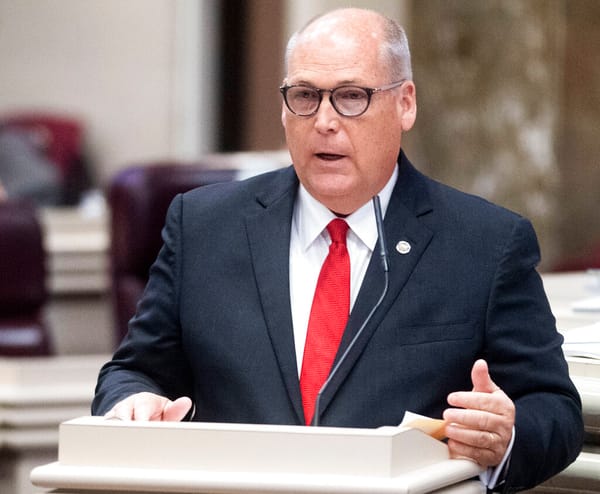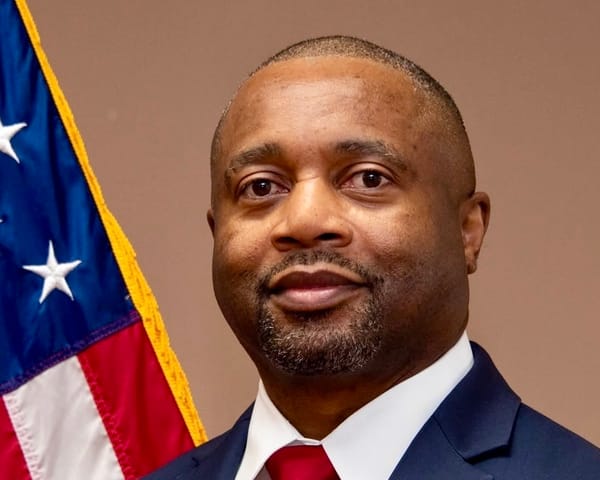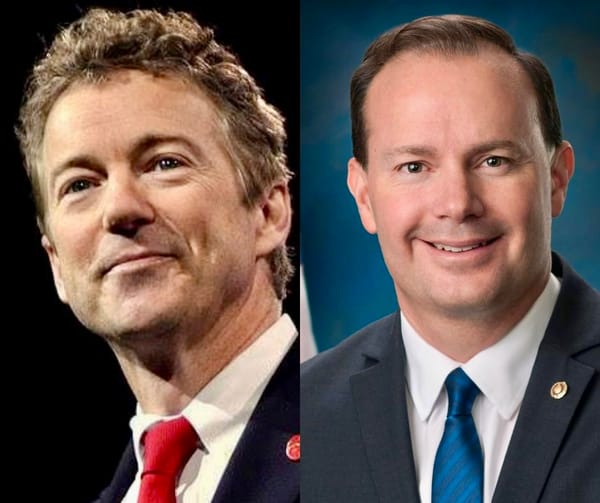August Fundraising in Alabama AG Race Raises Questions Over Out-of-State Money
It’s never too early for mudslinging in Alabama politics!

Campaign finance filings for August have put a spotlight on how much money in Alabama’s 2026 Attorney General race is coming from outside the State, and what that might mean for the candidates—and more importantly, the voters.
According to recent reports, Katherine Robertson, Chief Counsel to current Attorney General Steve Marshall, raised about $360,000 in August. Roughly 71% of those contributions came from donors outside Alabama.
In contrast, former Alabama Supreme Court Justice Jay Mitchell raised roughly $371,000 in August—about 99% of his contributions came from within the State. Blount County District Attorney Pamela Casey also reported strong in-state support, with her campaign getting nearly all of its August funding from Alabama residents.
According to a statement from the Mitchell campaign:
This unprecedented out-of-state funding for Robertson raises serious questions about who she will represent if elected and what those donors expect. Included in her overall fundraising is $1.1 million in out-of-state, dark money contributions from untraceable sources with no donor list and no tax filings. Despite repeated questions, Robertson refuses to explain who is really behind the money fueling her campaign. Also included in that number is $150,000 from Florida billionaire Hugh Culverhouse Jr.–a donor with a well-documented history of pro-abortion funding and public contempt for the State of Alabama.
Mitchell has used the fundraising data to argue that Robertson’s campaign is “propped up by outsiders who want to buy Alabama’s top law enforcement office.” He emphasizes his campaign’s support from “grassroots Alabama supporters” and states that his funding reflects values shared with local conservative voters.
Mitchell’s campaign has also launched a website criticizing Robertson’s fundraising as “dark money.”
Robertson counters that her support is broad—including both large out-of-state donors and many Alabama individuals—and that her qualifications and record make her ready to lead from day one. She and her campaign argue that criticism of donor sources is part of a political strategy by opponents.
This back-and-forth raises questions about transparency, influence, and voter perception. For many voters, who gives money can be almost as important as how much is raised—as it should be.




